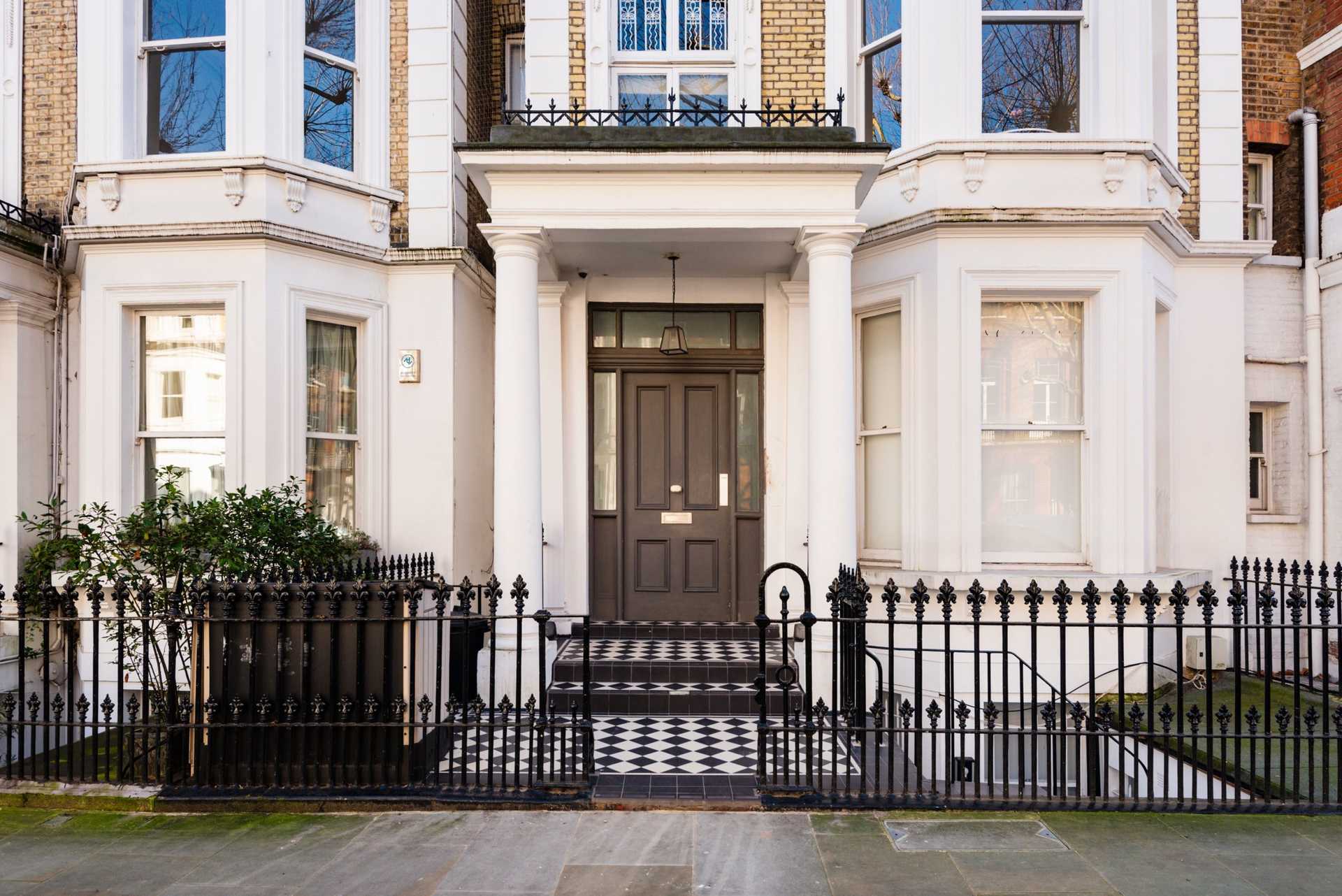Share post:
(Article updated April 2025)
The tenant fees ban is a significant change in the UK private rented sector. It’s part of the Tenant Fees Act 2019, where charges that used to be paid by assured shorthold tenancy tenants will now be covered by the landlord. There are still fees that tenants should pay. But landlords have to be clear about the prohibited payments because failure to comply with the guidelines could lead to hefty fines of up to £30,000 for repeated violations.
The banned fee changes took effect on 1st June 2019 and have since been implemented across the UK. It was meant to protect tenants from unfair fees charged, some even before they moved into the rental unit. It’s also meant to provide transparency in tenancy agreements, specifically in assured shorthold tenancies.
In this article, you’ll discover more about the Tenant Fees Act 2019, what fees are banned and what default fees are allowed. You’ll also learn how to stay compliant and how the implementation may be different across the UK.
What is the Tenant Fees Act 2019?
The Tenant Fees Act 2019 introduced several changes banning charged fees to tenants, so the landlord or agent is forced to cover them instead. These are usually charge fees associated with the signing of a tenancy agreement.
Initially, the tenant fees ban applied to new assured shorthold tenancies after 1st June 2019. But on 1st June 2020, the ban was extended so it applies to all existing tenancy agreements in the UK, specifically England. Northern Ireland follows a different set of rules.
Failure to comply would lead to a £5,000 fine for the first offence. Repeat offenders can face penalties of up to £30,000.
Why Was the Tenant Fees Ban Introduced?
The tenant fees ban was created to help make renting affordable to tenants. Comments from the Citizens Advice Bureau revealed that tenants are subjected to unfair and unreasonable costs as they move into a new property. It even forced some to borrow money just so they could move in.
The fees ban would force landlords to be more transparent, so tenants are more prepared for the rental costs. It also ensures the move to a rental property would be more affordable – something that student renters in UK cities are grateful for. The rules will help them budget for tenancy deposits and even the holding deposit that some landlords request.
What Fees are Now Banned Under the Tenant Fees Act?
Under the Tenant Fees Act 2019, the specific fees banned are as follows:
- Pre-tenancy fees. This includes viewing and administration charges.
- Tenancy set-up fees. This covers referencing and right to rent checks, check-in inventory reports, and even pet permission charges, if applicable.
- Active tenancy fees. This includes gardening services and any third-party cost of repairs (unless it’s specifically requested by the tenant)
- Exit fees. This covers check-out inventory reports and contract renewal charges.
Fees cannot be charged to the tenant as long as it’s in relation to assured shorthold tenancy agreements, student letting contracts (through educational institutions), etc.
What Fees are Still Allowed?
Not all tenant fees are banned. There are some fees that are deemed fair for landlords to impose on tenants. Obviously, the monthly rent, council tax and utility bills (gas, electricity and water) should be shouldered by the tenant. The landlord also has the freedom to have a fixed utility and council tax fee and include it in the monthly rent, so the tenant only has the rental fee to shoulder.
Other tenant fees that landlords can charge include the following:
- A holding deposit. This will secure the property to the tenant. It’s usually equal to one week’s worth of rent. This is refundable after the tenancy agreement is signed or if the decision is made not to proceed.
- Early termination charge. This covers the cost of re-advertising the property, check-in and check-out inventory expenses and referencing fees.
- Late rental payment charge. This is the penalty for late payment of the monthly rate, which is usually 3% on top of the base rate.
- Lost keys charge. The landlord can charge for lost keys, up to £50.
- Variation, assignment or novation of tenancy costs. This is capped at £50 but can go higher as long as it’s a reasonable cost.
- Tenancy deposit fee. This is allowed as long as it’s legally protected under the government-approved Deposit Protection Scheme. It should be arranged within 30 days of the payment, and proof should be sent to the tenant. The tenancy deposit cap is equal to 5 weeks’ worth of rent if the annual rent is less than 50,000. If the annual rent is beyond £50,000, landlords enjoy a tenancy deposit capped at 6 week’s rent.
How Long Can You Hold a Holding Deposit?
The holding deposit is paid to the landlord to ensure the property won’t be offered to another tenant. This is refundable once the tenancy agreement ends. It can be held for up to 14 days while the reference and right to rent checks are completed. It’s also enough time for the landlord to complete the tenancy agreement. Some guidelines allow 15 days, as long as the potential tenant and landlord agree.
This deposit should be returned within 7 days after the tenancy agreement is signed or if the decision is made not to proceed with the rental. In case the tenancy has begun, the tenant can decide to use the holding deposit as their first rental payment, which means it doesn’t need to be refunded. This should have been previously agreed upon and put into writing.
Can Landlords Charge Default Fees?
Yes, landlords are allowed to charge a default fee as long as this is not among the prohibited payment list. Among the default fees they’re allowed to include are the following:
- Late rent charge. This can only be charged 14 days after the monthly rent due date has passed. The fee is limited to a maximum of 3% beyond the base rate.
- Lock/security replacement fee. The charge will depend on the type of lock or security the rental property has, for instance, £3-£10 for standard door keys, £5-£20 for special door keys and £50 for key fob replacements.
It’s possible to demand more, but it has to be within a reasonable cost.
What Happens If a Landlord Charges a Prohibited Fee?
Non-compliance with the Tenant Fees Act 2019 would lead to hefty fines for landlords. Tenants can go to the Tier Tribunal to request a refund for prohibited payments they’ve been forced to make by their landlord.
If proven that the landlord was indeed in violation, they’ll be asked to pay £5,000. If another violation is made within 5 years of the previous one, the penalty could reach up to £30,000. At that point, the breach would be considered a criminal offence and also a banning order offence.
Charge The Right Tenant Fees to Stay Compliant
Complying with the Tenant Fees Act 2019 is part of your responsibility as a landlord. While the law seems to favour tenants, it also protects the rights of landlords. The law offers a solid guideline to ensure fair rental practices in the UK.
If you want to ensure you’re charging the right tenant fees, get the help of a property management company like City Relay. They have experts who monitor local rules and regulations to help property owners and landlords stay updated and 100% compliant.
Find out how you can manage your rental property, maximise its earning potential while staying compliant with the law. Contact City Relay now.












